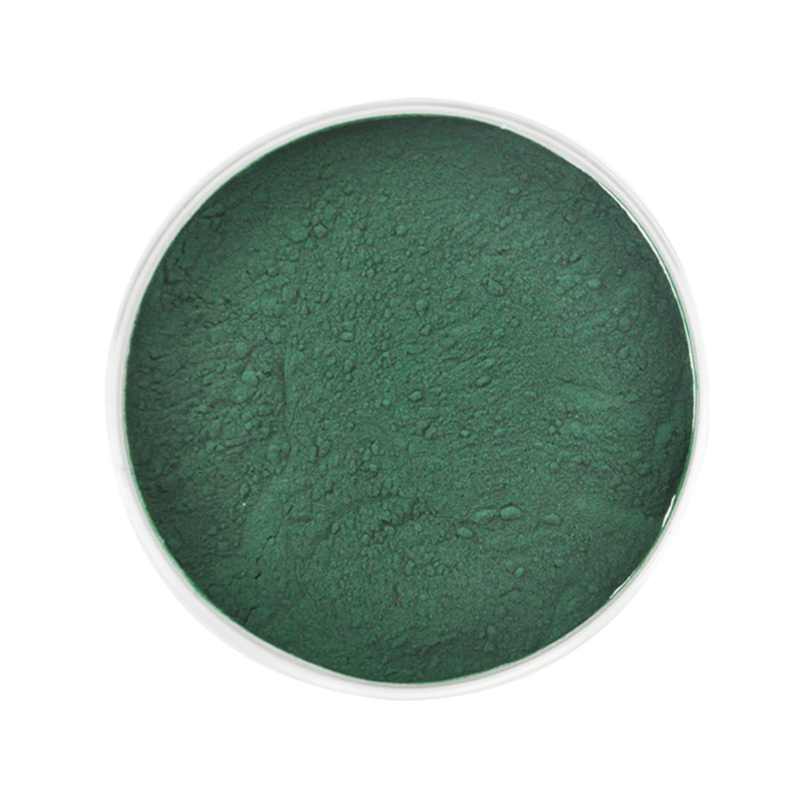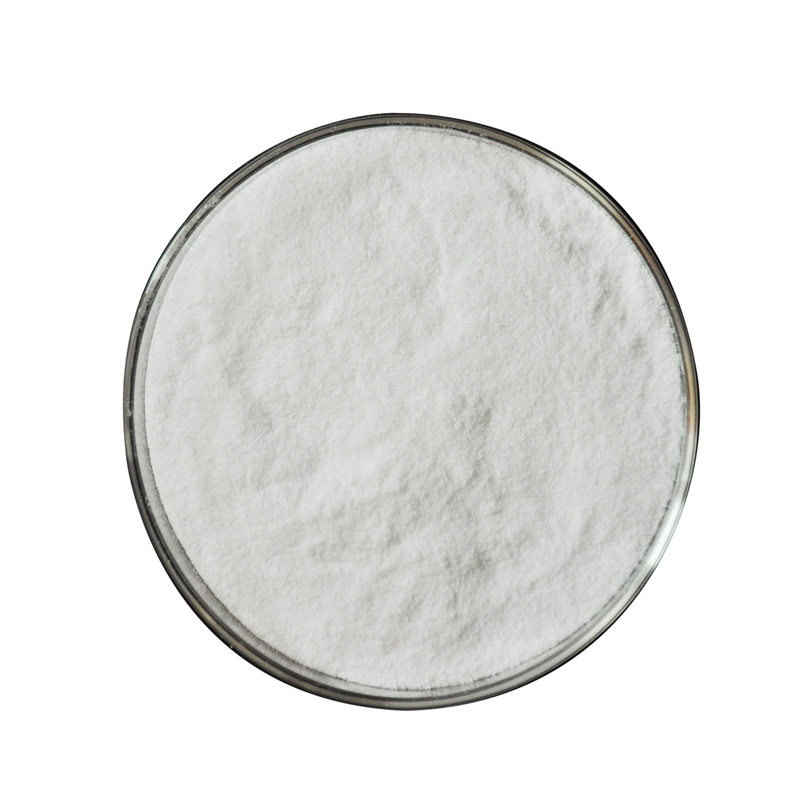Mullein is a type of plant with certain medicinal properties. Using mullein, along with traditional medications for asthma, may provide additional relief from symptoms like cough and difficulty breathing.
Certain phytochemicals found in mullein may have the potential to relieve cough, reduce inflammation in the airways, and loosen mucus. There are various ways to use mullein, but the most common way is to make tea infusions or syrups with the extract and swallow it. Cissus Capsules

That said, more research into the benefits of mullein for asthma and the best way to use it is necessary. Before trying mullein, a person should consult with a healthcare professional to ensure it is safe for them to do so.
Keep reading to learn more about using mullein for asthma.
Mullein is a genus of plants with about 2,500 species. It originates from northern Africa, western and central Asia, and Europe. However, today it also grows in North and South America and Australia.
Verbascum Thaspus is a species of mullein thought to have certain medicinal properties. The medicinal properties of mullein come from phytochemicals. Phytochemicals are chemicals that are naturally found in plants. Some phytochemicals, such as flavonoids, may benefit people with asthma.
Find out more about home and natural remedies for asthma.
Flavonoids have the potential to act on a group of proteins that help produce leukotrienes. Leukotrienes come from various cells found in the lungs, such as mast cells and eosinophils.
Leukotrienes attach to certain proteins in the airways, causing fluid buildup in the lungs, contraction of smooth muscle, and inflammation. This leads to asthma symptoms such as coughing and difficulty breathing.
Using mullein and conventional medication for asthma may help provide relief from symptoms. Despite the numerous medicinal properties associated with mullein, additional investigations on using mullein for asthma are necessary to confirm these findings.
Mullein has the potential to:
Inflammation is a prominent characteristic of asthma. People with asthma have significant inflammation within the airways, particularly the smaller airways called the bronchioles. Flavonoids within mullein may have anti-inflammatory properties that may help improve breathing.
Cough is another complaint among people living with asthma. Experts suggest that mullein provides asthma relief for people by suppressing cough. The mechanism explaining how mullein acts to reduce cough is poorly understood.
A possible explanation suggests that inflammation in the airways may cause cough with asthma. Mullein’s potential effect on reducing inflammation in the airways may also help with the cough.
Another symptom of asthma is mucus production. Combined with airway inflammation, the presence of excessive mucus worsens breathing and is a trigger for coughing. According to experts, mullein also acts as an expectorant. An expectorant helps loosen mucus from the airways to make it easier to cough up.
Experts suggest that the fluid extracted from the mullein plant may help loosen mucus. The action of mullein on mucus is still poorly understood.
Following traditional Indian medicine, people use the dried leaves, flowers, extracts, and flower oils of mullein in different formulations. According to studies on the use of mullein for respiratory diseases like asthma, the most common way to use mullein is through tea infusions and syrups that people swallow.
Sometimes preparations with mullein include other plants like mint, rosemary, and pine needles. Other preparations may also contain honey or sugar.
Commercial mullein tea bags contain dried leaves that people can brew in hot water. People may also take mullein extract as a tincture several times a day.
Some people report smoking the dried herbs. However, the benefits and risks of smoking mullein require clinical investigation. Inhaling steam from a bowl of hot water and dried mullein may help loosen mucus in the airways. Overall, the best way to use mullein for asthma requires further investigation to confirm its efficacy.
Mullein contains many different phytochemicals that may benefit human health. Besides the anti-inflammatory benefits mentioned above, mullein extracts may have the following medicinal properties:
People used mullein in ancient times for wound healing. A 2021 study, published in BMC Complementary Medicine and Therapies journal, investigated the effects of mullein on episiotomy wounds. The researchers suggest that mullein prepared as an ointment may help repair episiotomy wounds. However, further study is still necessary to confirm these findings and evaluate the safety of mullein.
Most uses of mullein for medical reasons utilize its anti-inflammatory properties. Some uses include:
The side effects of using mullein depend on how a person uses it. Applying mullein to the skin may result in irritation.
When drinking mullein in tea, some people may report the following:
But these effects have not been investigated in a clinical trial. Overall, the associated side effects of using mullein in any of its forms also require further research.
Before using mullein, people should seek medical advice to make sure it is safe.
Mullein is a plant with many reported health benefits. Beneficial effects of mullein include anti-inflammatory effects, which may help relieve certain asthma symptoms. However, mechanisms explaining how mullein can help manage asthma symptoms remain unclear.
Experts must conduct additional clinical studies to confirm how people should take mullein for asthma and its possible side effects.
Last medically reviewed on June 19, 2023
People with asthma should have an action plan that helps them manage their symptoms during a flare-up. More research into the benefit of home remedies…
In addition to traditional asthma inhalers, over-the-counter (OTC) inhalers and medications are available that could also help with asthma symptoms…
Asthma is a chronic disease that has no cure, so people with this condition need the most simple, cost-effective, and reliable treatments possible…

Epimedium Extract Can taking metoprolol increase the risk of asthma attacks? Read on to learn more about this medication and how it may impact a person living with…